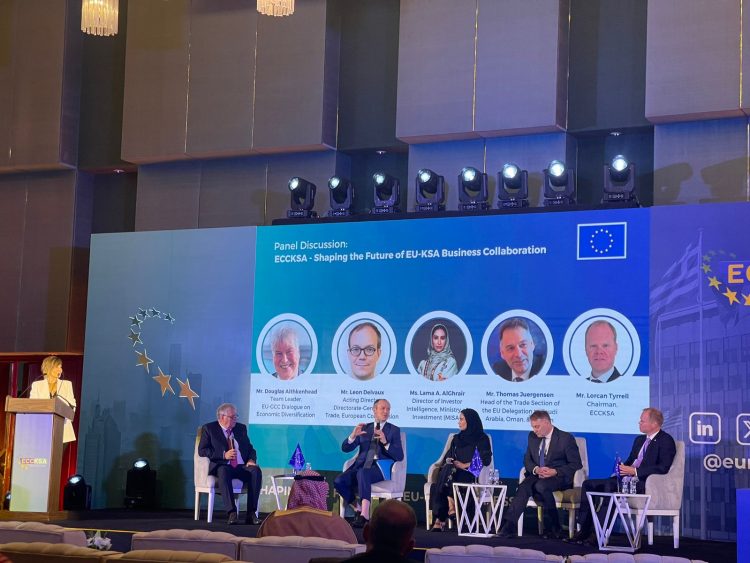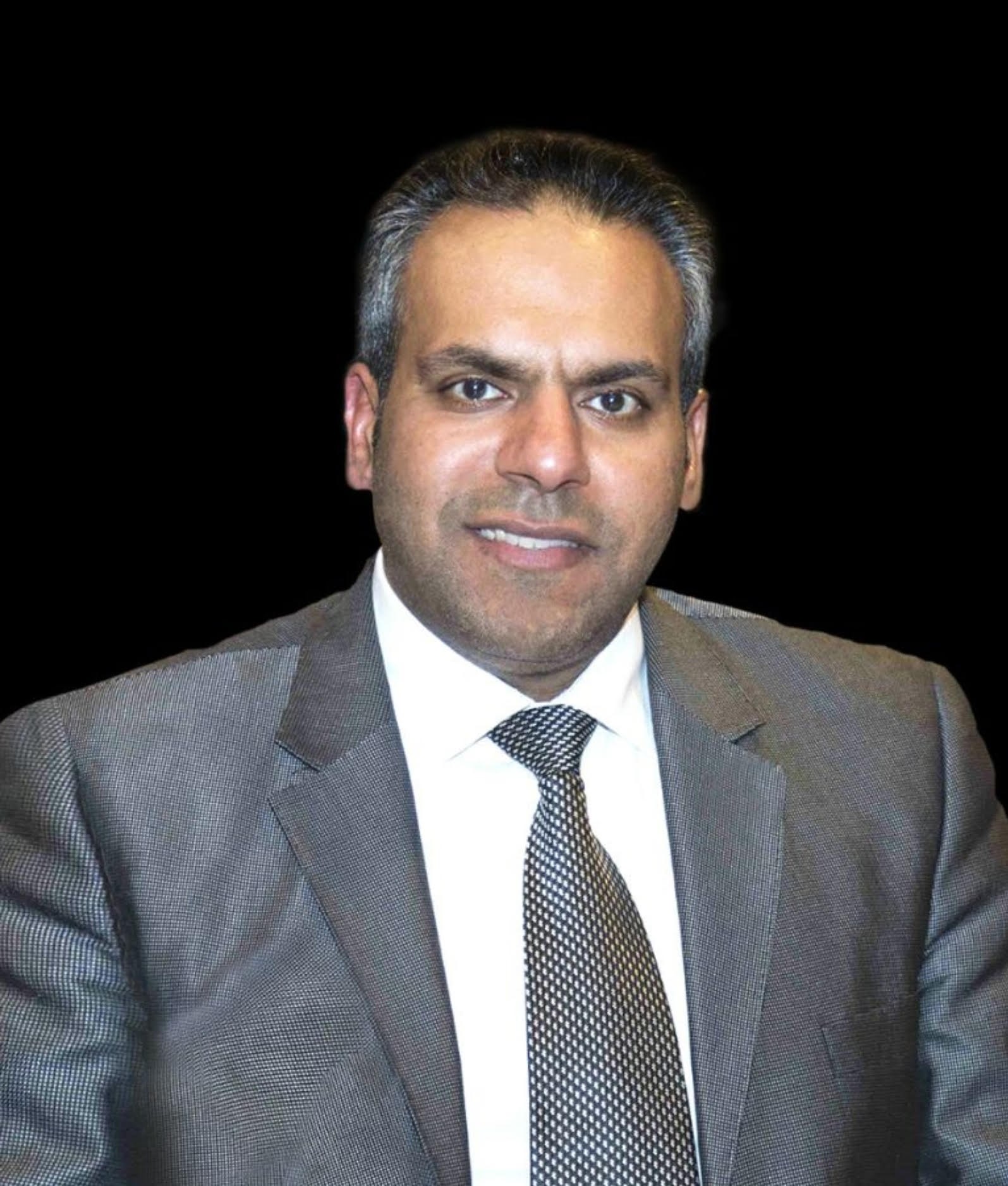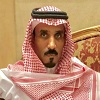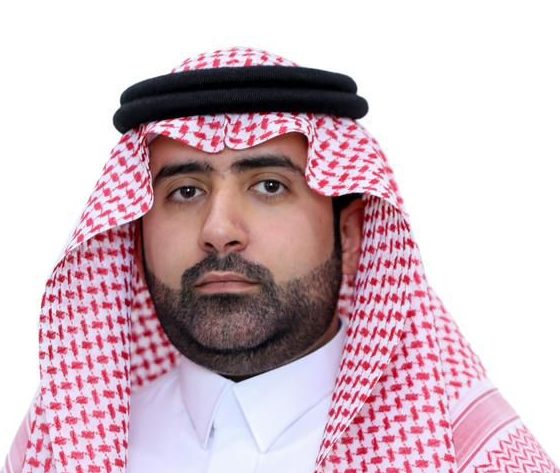© 2020 All rights reserved to Maaal Newspaper
Publisher: Maaal International Media Company
License: 465734
EU official to Maaal: We discuss relaunching FTA negotiations with GCC
A senior source in the European Commission reported (Maaal) about the re-negotiations of free trade between the Gulf Cooperation Council countries and the European Union countries, confirming the existence of a common desire between the two sides to discuss common ground and advance economic interests.
Speaking to Maaal on the sidelines of the opening of the European Chamber of Commerce in Saudi Arabia on Wednesday, Leon Delvaux, Director-General for Trade at the European Commission, said: “One of the reasons we are here today is to relaunch these discussions with the Gulf Cooperation Council, so we are trying to see if there is now “New momentum… if we can find a way to bridge the differences that we had in the past,” Delvaux continued in his description of the negotiations, “It is quite an old negotiation and, unfortunately, a little negotiation, but I think there is still a very clear interest on our part in resuming it.” This is one of the reasons I am here today.”
Regarding the reasons for the faltering of negotiations over a very long period, the Director General of Trade at the European Commission said: We have a certain way of doing things, and also in order to reach such a new agreement, we, in the European Union, need the support of all member states and the European Parliament, so, this It creates certain expectations, and there is a list of things that we need to come back to in negotiations like this, and I think there were actually very in-depth discussions with the Gulf Cooperation Council at one point, but they stopped because there were elements where we did not find a way forward.”
It is noteworthy that negotiations between the European and Gulf sides have been suspended since 2008 due to some disagreements over export duties and export taxes, according to what Adam Kolk, the European Union’s ambassador to the Kingdom and the Gulf, stated earlier, saying: “The Gulf countries have adhered to their right to impose export taxes, and in return the European Union has adhered to By approving the tax system on trade on both import and export sides, which ultimately led to the faltering completion of the agreement at that time.”
On the other hand, the Gulf Cooperation Council witnessed remarkable development in the last two years with regard to free trade agreements and openness to the world, as it entered into intensive negotiations with 7 countries to sign free trade agreements, namely Britain, China, New Zealand, Pakistan, South Korea and Japan, Turkey, and some of these countries, the final announcement of these agreements has been made, and the economies of the Gulf Cooperation Council countries together constitute ninth place in the world and are expected to be in advanced ranks in the coming years thanks to the great growth witnessed by the Gulf region.
For his part, Dr. Thomas Jorgensen, Minister Plenipotentiary and Head of the Trade Affairs Department, said: “It has been a long time. I was part of the negotiating team in the Gulf Cooperation Council Free Trade Agreement negotiations in 2005, and at that time we were joking. The negotiations had taken 17 years, and now We add another 17 years.” With these words, Dr. Thomas Jorgensen, Minister Plenipotentiary and Head of the Department of Commercial and Economic Affairs for Saudi Arabia, Bahrain, Oman and Qatar, expressed the free trade negotiations between the Gulf states and the European Union.
He continued: If we do not move in Europe, others will move and global competition is intense. I think what you see now with all the changes that are happening here, with these new programs, such as Saudi Vision 2030, we talk a lot about opportunities, and I must also point out global competition, and this point is very, very important. Sometimes you might think in Europe that we act bilaterally and in isolation, but in reality if we do not act, others will act, and they are already acting.”
Jorgensen pointed out the importance of the voice of companies on the European and Gulf sides, indicating that one of the main urgent elements is the economic interest, and that the economic pressure from European and Gulf companies was not high enough to overcome these obstacles, as a European voice from European companies, at least, could Makes a difference.
Dr. Thomas concluded his speech: I hope that this matter will be overcome, and that we will be able to end these negotiations or similar negotiations. We do not conclude an agreement in order to formulate a formal framework for the agreement, but rather we do so because it must serve economic business, and if this is clearly formulated and published. Clearly, we will prevail in the end.
Related







